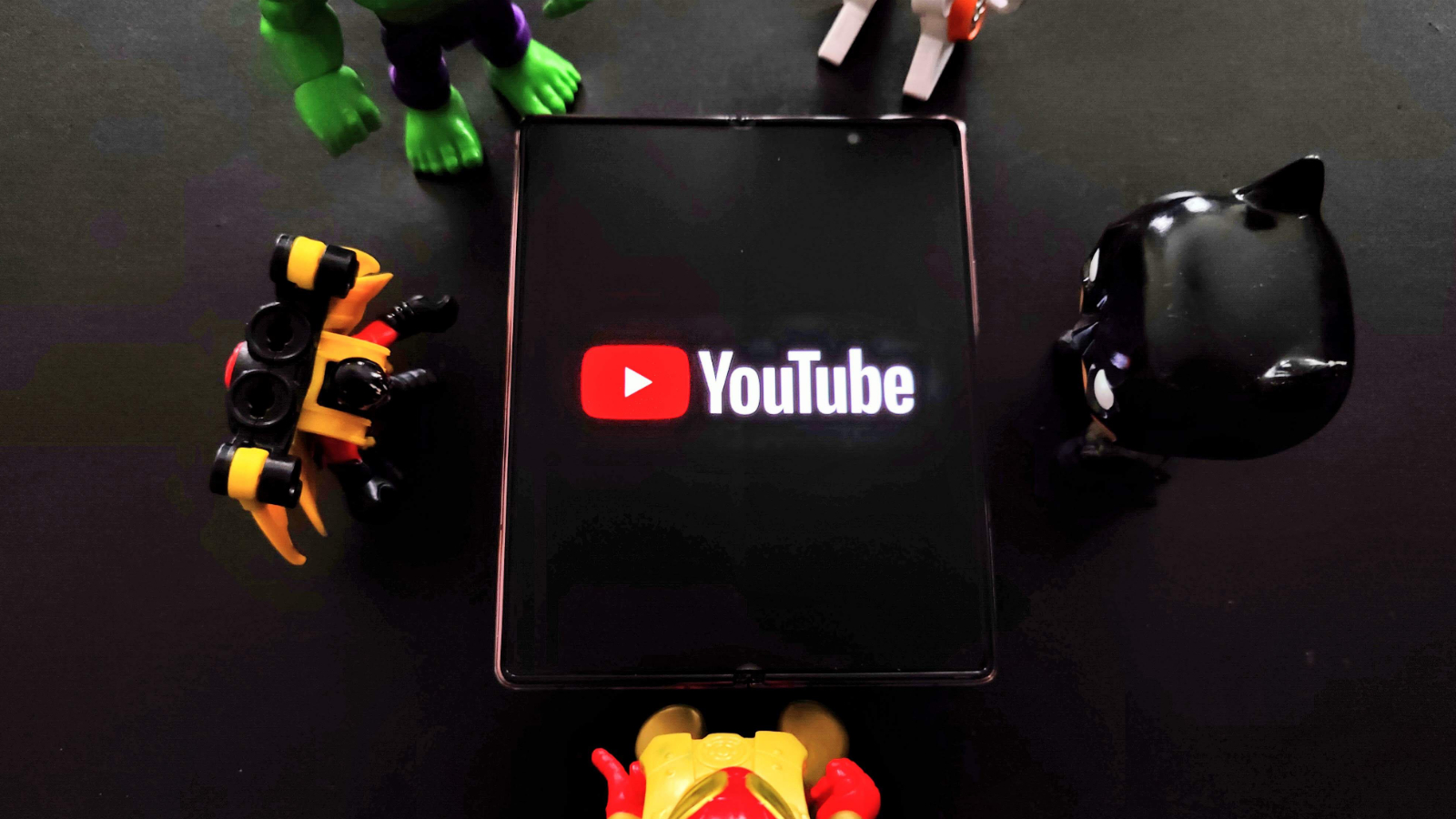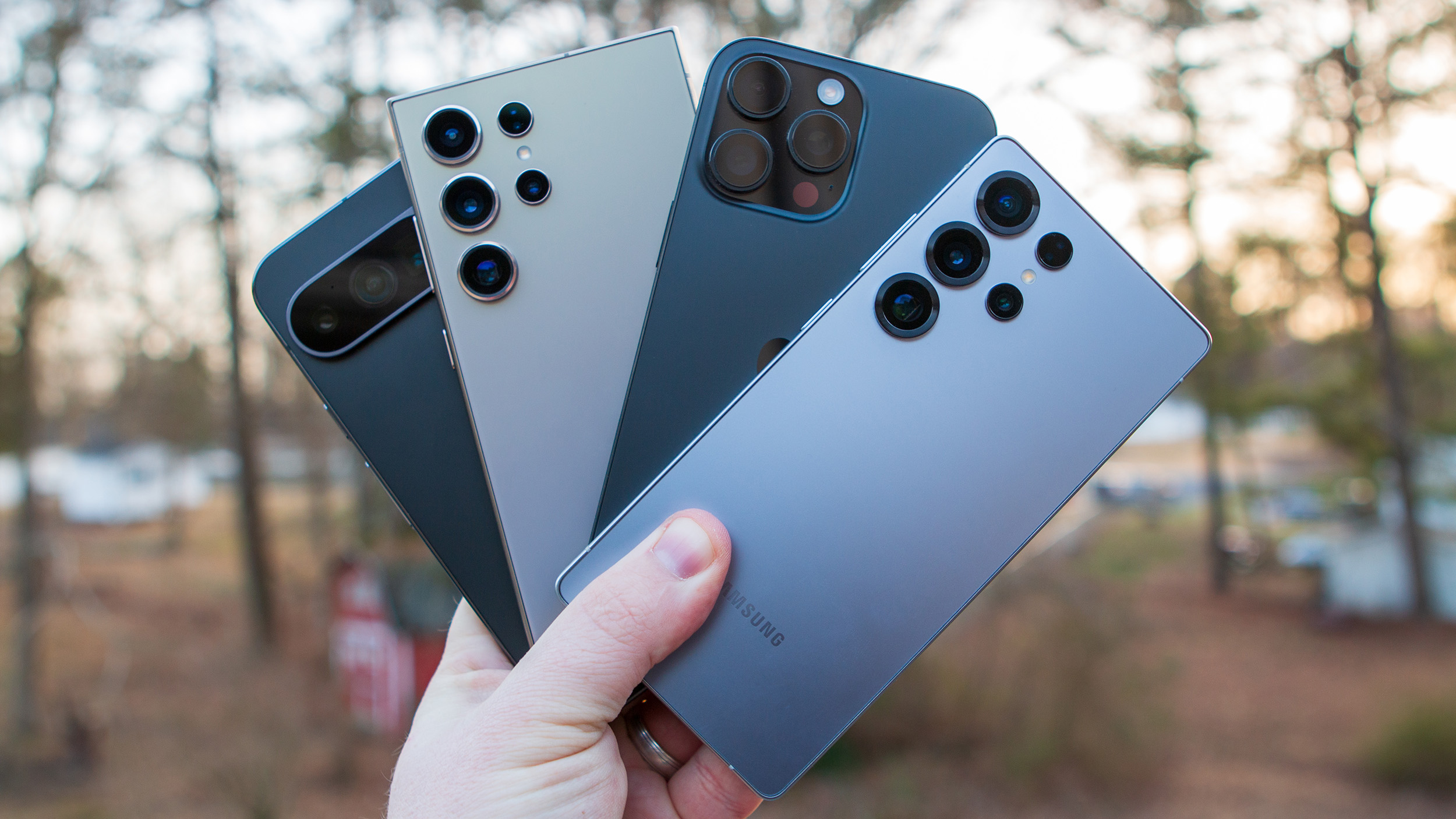Your YouTube dislikes don't really change anything, study finds
It seems YouTube's "dislike" and "not interested" buttons hardly work.

What you need to know
- A new Mozilla study suggests that YouTube's feedback tools do not effectively prevent bad recommendations.
- Unwanted types of videos continued to appear even after test participants previously "disliked" similar content.
- More than 20,000 YouTube users took part in the study, which analyzed over 500 million videos.
YouTube users have typically tried to customize the types of videos they see on the platform by hitting certain buttons, but it appears that YouTube's feedback tools have little to no influence on video recommendations that appear on its homepage, according to a new study.
Mozilla has published new findings that suggest YouTube's "dislike" and "not interested" buttons, among other feedback options, barely work. According to crowdsourced data from over 20,000 YouTube users, the platform's controls do not make them feel in control of content recommendations.
According to the study, the dislike button only blocked 12% of unwanted video recommendations, while the "not interested" button only prevented 11% of recommendations marked as uninteresting by users.
Using the "don't recommend channel" and "remove from watch history" buttons, on the other hand, appeared to have done a better job of stopping bad recommendations, with 43% and 29% of unwanted recommendations being blocked, respectively.
The responses were gathered through Mozilla's RegretsReporter browser plugin that allows users to disable specific types of video recommendations. More than 500 million videos were analyzed. Mozilla used a combination of assessments by its research assistants and machine learning to identify "bad recommendations," which are video suggestions that are similar to the ones previously rejected by the study participants.
Ultimately, the study reveals that none of the platform's methods effectively prevented unwanted videos from appearing on the homepage. On the other hand, it implies that more than half of the bad suggestions got through.
The report comes as the YouTube Partner Program has been expanded to include more creators, including those on YouTube Shorts who have at least 1,000 subscribers and 10 million Shorts views in the last 90 days.
Get the latest news from Android Central, your trusted companion in the world of Android
Mozilla's findings may lead to accusations that YouTube is willing to disregard user feedback in order to boost viewing metrics for creators. That said, YouTube stated that it cannot completely block recommendations that a user has indicated that they do not want to see.
“We offer viewers control over their recommendations, including the ability to block a video or channel from being recommended to them in the future," Elena Hernandez, a YouTube spokesperson, told Android Central. "Importantly, our controls do not filter out entire topics or viewpoints, as this could have negative effects for viewers, like creating echo chambers."
Mozilla eventually called out Google for what it describes as "ineffective user controls." The organization recommends that YouTube give users more control over how they shape their experience. Mozilla adds that these methods should be easy to access and comprehend.
"YouTube should provide researchers with access to better tools that allow them to assess the signals that impact YouTube’s algorithm," Mozilla added.
"We welcome academic research on our platform, which is why we recently expanded Data API access through our YouTube Researcher Program," Hernandez said.
The YouTube spokesperson also criticized Mozilla's study for failing to "take into account how our systems actually work, and therefore it’s difficult for us to glean many insights."

Jay Bonggolto always keeps a nose for news. He has been writing about consumer tech and apps for as long as he can remember, and he has used a variety of Android phones since falling in love with Jelly Bean. Send him a direct message via Twitter or LinkedIn.
